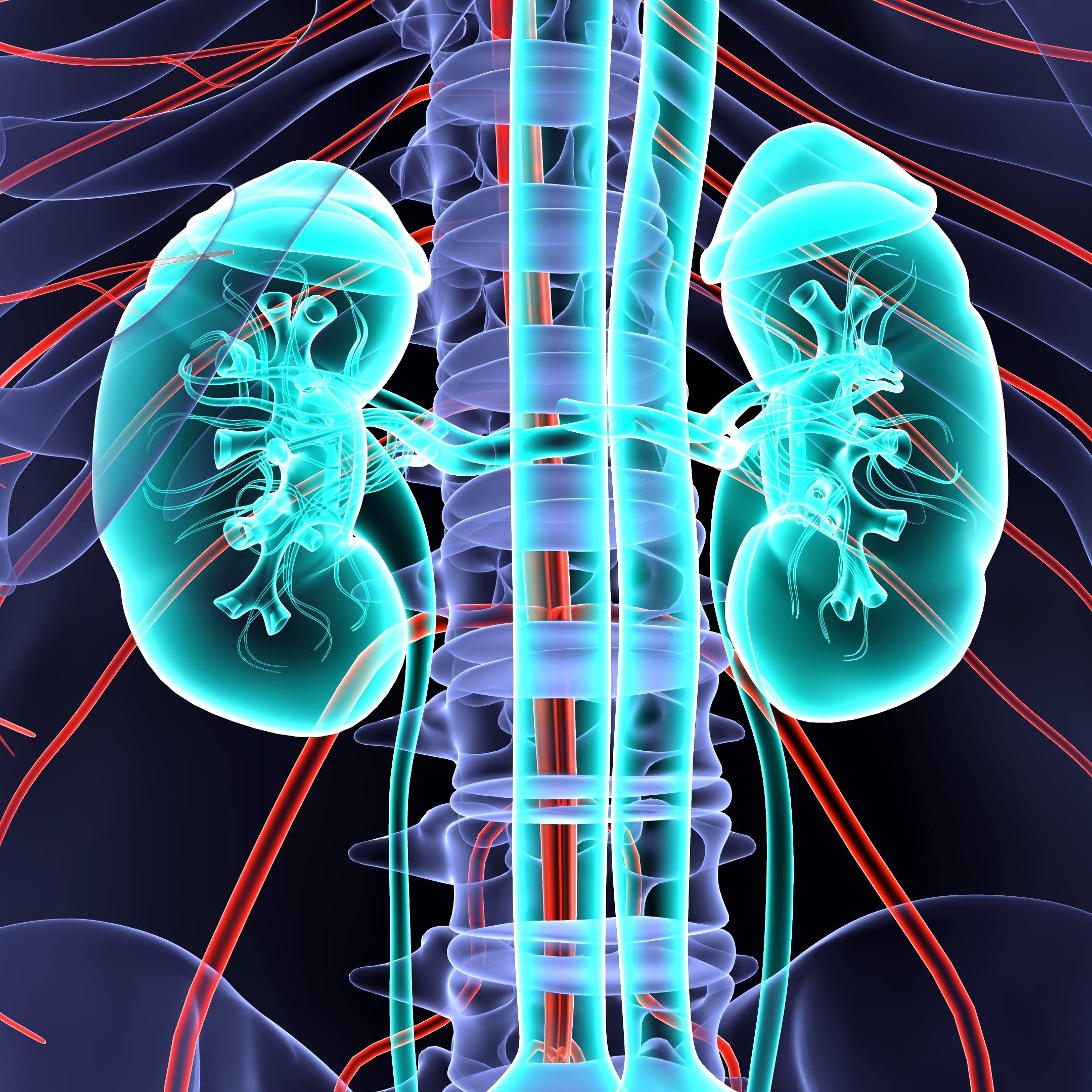Using Steam to Treat an Enlarged Prostate: A Mayo Clinic Minute

Exploring Steam for Enlarged Prostate
Steam therapy, also referred to as convective water therapy, presents an innovative and minimally invasive approach for managing an enlarged prostate, a condition known as benign prostatic hyperplasia (BPH). Dr. Tobias Kohler, a respected urologist at Mayo Clinic, highlights the potential of steam therapy in replacing expensive medications for treating BPH. In this blog, we delve into the safety measures implemented by Mayo Clinic to ensure the well-being of patients, staff, and visitors during the administration of steam therapy. This exploration aims to shed light on the effectiveness and safety of using steam to treat an enlarged prostate, offering hope for individuals seeking alternative and potentially more cost-effective solutions for BPH treatment.
Understanding Enlarged Prostate (BPH)
Impact of BPH on Men's Health
An enlarged prostate, also known as benign prostatic hyperplasia (BPH), is a prevalent condition among older men. This non-cancerous enlargement of the prostate gland can have a significant impact on men's health. Common symptoms of BPH include experiencing the need to urinate more frequently, having trouble starting or maintaining a urine stream, and feeling like the bladder is not completely empty.
Traditional Treatment Methods for BPH
Traditionally, medications and surgical procedures have been the primary methods used to manage BPH. Medications such as alpha-blockers and 5-alpha-reductase inhibitors are often prescribed to alleviate symptoms and reduce the size of the prostate. Surgical options, including transurethral resection of the prostate (TURP) and laser therapy, are considered for more severe cases. However, these traditional treatments may come with limitations and potential side effects, leading many patients to seek alternative approaches for managing an enlarged prostate.
Innovative Steam Therapy at Mayo Clinic
Procedure of Steam Therapy
The innovative steam therapy at Mayo Clinic involves the precise application of targeted steam to reduce prostate tissue, providing a minimally invasive alternative for treating BPH. This approach aims to address the enlargement of the prostate gland with a focus on patient comfort and effectiveness.
Benefits and Effectiveness of Steam Therapy
Steam therapy has demonstrated promising results in alleviating symptoms associated with BPH. By using convective water therapy, Mayo Clinic offers a potential breakthrough in managing an enlarged prostate. The treatment is being recognized as a cost-effective and safe alternative to traditional medications, marking a significant advancement in innovative BPH therapy.
Safety Measures and Patient Care at Mayo Clinic
Patient Safety Protocols
At Mayo Clinic, patient safety is of paramount importance during steam therapy for treating an enlarged prostate. Rigorous safety measures are meticulously implemented to minimize any potential risks associated with the procedure. From the initial consultation to the completion of treatment, patients receive comprehensive information and unwavering support, ensuring their well-being and peace of mind throughout the entire process.
Staff Training and Expertise
The medical staff at Mayo Clinic undergoes extensive training and possesses a wealth of experience in administering steam therapy for benign prostatic hyperplasia (BPH). Their expertise not only ensures the safe and effective delivery of treatment but also significantly contributes to the overall quality of patient care and treatment outcomes. Patients can rest assured that they are under the care of highly skilled professionals who prioritize their health and comfort above all else.
Related Medical Conditions and Treatments
Link Between HPV and Throat Cancer
Human Papillomavirus (HPV) infection has been identified as a contributing factor to the development of throat cancer in certain cases. The connection between HPV and throat cancer underscores the importance of understanding this link for preventive measures and early detection. According to recent studies, HPV has been found to be a leading cause of oropharyngeal cancers, particularly in younger individuals. This emphasizes the significance of vaccination against HPV as a preventive measure. Early detection through regular screenings and awareness of potential symptoms is crucial for timely intervention and improved treatment outcomes.
Disparities in Opioid Treatment Access
Health disparities related to access to appropriate opioid treatment persist among certain demographics, posing challenges for individuals in need of pain management. Efforts are essential to address these disparities and ensure equitable access to effective opioid treatment options. By addressing social determinants of health, such as socioeconomic factors, geographical accessibility, and cultural considerations, healthcare providers can work towards creating an inclusive environment where all individuals have access to comprehensive pain management resources. Collaborative initiatives involving healthcare professionals, policymakers, and community organizations are instrumental in bridging the gap in opioid treatment access and promoting equal opportunities for quality healthcare.
Exploring the Future of BPH Treatment
Advancements in BPH Treatment
Ongoing research and development efforts are dedicated to enhancing the landscape of BPH treatment options. Innovative approaches, such as steam therapy, hold the potential to revolutionize the management of BPH by offering minimally invasive and effective solutions. These advancements signify a promising shift towards more patient-friendly and impactful interventions for individuals dealing with an enlarged prostate.
Patient-Centric Care and Treatment
The future of BPH treatment is centered around prioritizing the individual needs and preferences of patients. Healthcare professionals are delving into personalized and tailored treatment strategies aimed at optimizing patient outcomes. By placing a strong emphasis on patient-centric care, the medical community is striving to ensure that individuals receive comprehensive support and treatments that align with their unique circumstances, ultimately leading to improved quality of life.
Patient-Centric Approach: The evolving landscape of BPH therapy is guided by a patient-centric approach, where individualized care takes precedence over conventional standardized treatments.
Embracing Steam Treatment for Enlarged Prostate
Steam therapy for BPH presents a promising alternative for managing an enlarged prostate. The innovative approach of using steam to treat an enlarged prostate demonstrates potential benefits for individuals dealing with BPH. Embracing convective water therapy could lead to improved outcomes and enhanced quality of life for patients with an enlarged prostate. The minimally invasive nature of steam therapy offers a patient-friendly option that aligns with the evolving landscape of innovative BPH treatment. By considering steam therapy as a viable and effective solution, individuals can explore personalized and tailored approaches to managing their condition, ultimately contributing to better overall well-being.
See Also
Utilizing a Vibrator: A Comprehensive Illustrated Handbook
Discovering Prostate Orgasms: A Manual for Transformative Bliss
The Definitive Manual: Achieving a Prostate Orgasm
Understanding Prostate Milking: A Guide for Men's Wellbeing
Proper Usage of Condoms: A Detailed Guide for Safe Sexual Practices


